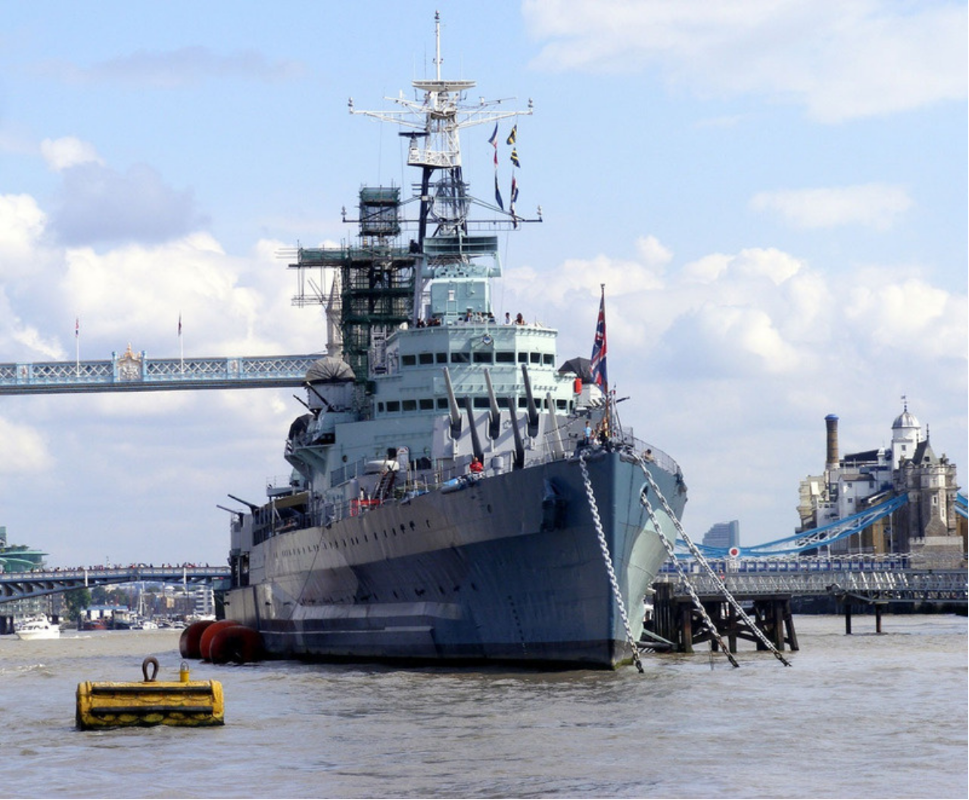Performance Improvement in the Public Sector

Every minute of every day, the Royal Navy works tirelessly doing extraordinary things and protecting our nation’s interests. Whether a time of peace or conflict, the Royal Navy is key to Britain’s prosperity and success. It helps to stabilise the seas, keeping the maritime trade that’s the lifeblood of the UK economy flowing. It acts as a guardian and a diplomat, as a humanitarian force for good, and a peacekeeper on the global stage. In the current climate of political, economic and social instability, there is great pressure on the Navy’s capacity.
Naval ships and submarines lie at the heart of the Royal Navy’s readiness, so it must have the right number of capable and safe vessels available whenever needed. This is why the Secretary of State for Defence had made availability a top priority for the Royal Navy’s head – the First Sea Lord.
Keeping enough ships and submarines available is subject to many challenges, including pressures on waterfront infrastructure, unpredictable operational demands, the time taken for deep maintenance, timely sourcing of the right spares, and the age of vessels, which can prolong refit and maintenance periods.
To increase fleet availability, improve its responsiveness and satisfy political priorities, the Naval Enterprise (comprising the Royal Navy; Defence, Equipment and Support; the Submarine Delivery Agency; and key naval industry partners) obtained support from PwC, through several projects that combined to increase the availability of its ships and submarines.
To deliver the engagement’s many initiatives, and accelerate outcomes, PwC drew on the firm’s very best, with expertise from Strategy & Deals, Enterprise Transformation, Operations Transformation, Behavioural Economics, Data & Analytics, and Execution Managed Services.
PwC’s long-standing relationship with the Naval Enterprise meant the firm understood its challenges and its ambitions, and could quickly get to grips with the people, process and technological obstacles to availability. Working with military personnel, civil servants and industry, and drawing on best practice from commercial shipping, PwC helped to increase availability by the equivalent of two additional ships over the previous year’s delivery.
PwC’s strong relationship with the Naval Enterprise allowed the firm and client to work as one; to have open conversations that challenged thinking and pushed boundaries. Those conversations resulted in work that’s also delivering significant cost efficiencies (over £400m over 10 years), as well as improving the experience of naval personnel. Success was largely down to adopting a truly collaborative programme style, and enabling those who can best do front-line work to get on with the job and support the UK’s national interests.
In addition, PwC’s managed service, the Naval Support Portfolio Office is ensuring that the improvements are sustained and adaptable. It provides projections for the £23bn Naval Support portfolio over the coming decade, to inform naval planning and national defence policy.
The project’s ultimate legacy is that more ships and submarines will be at sea in the coming years, available to respond quickly as future conflicts and crises appear on the horizon.
View the PwC profile in the MCA Members Directory.

